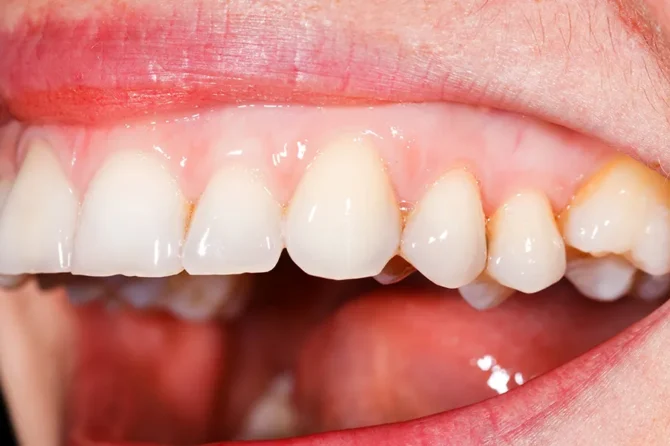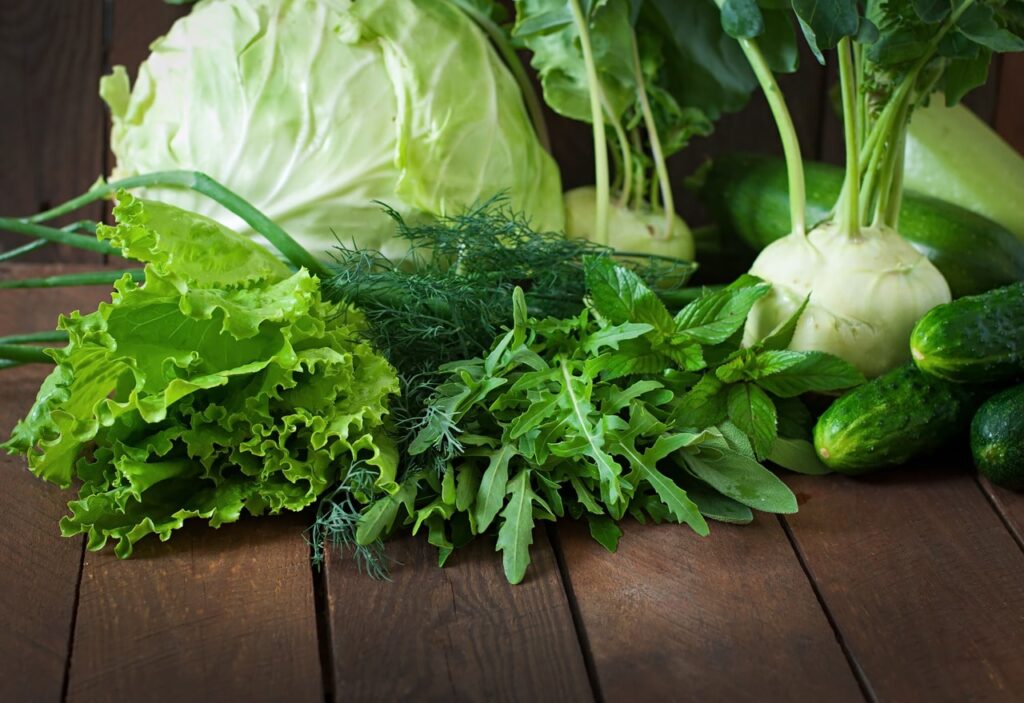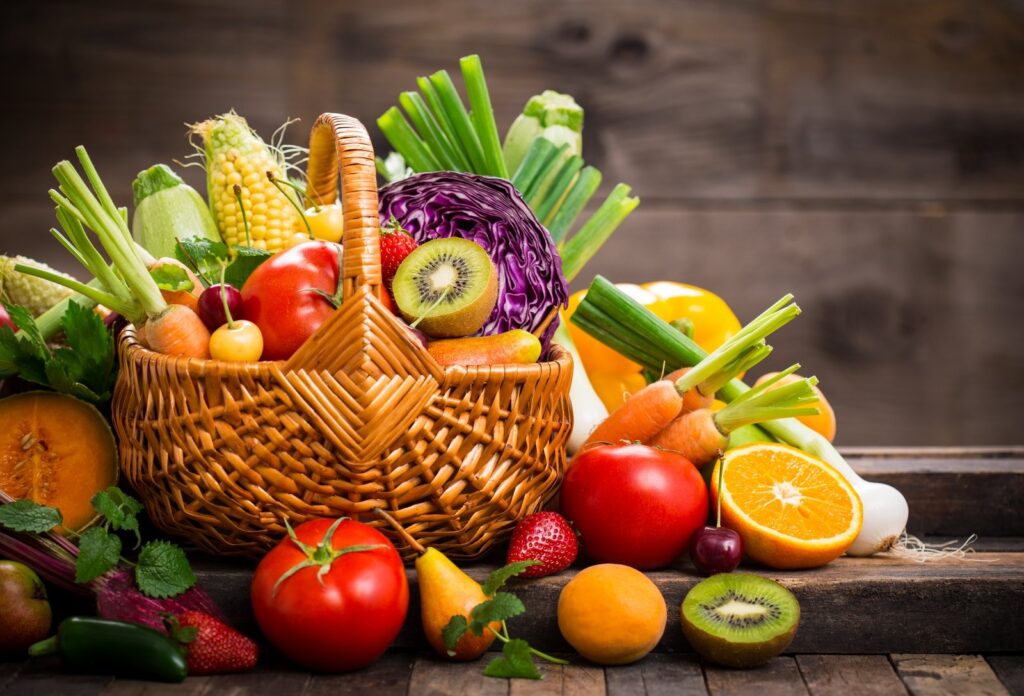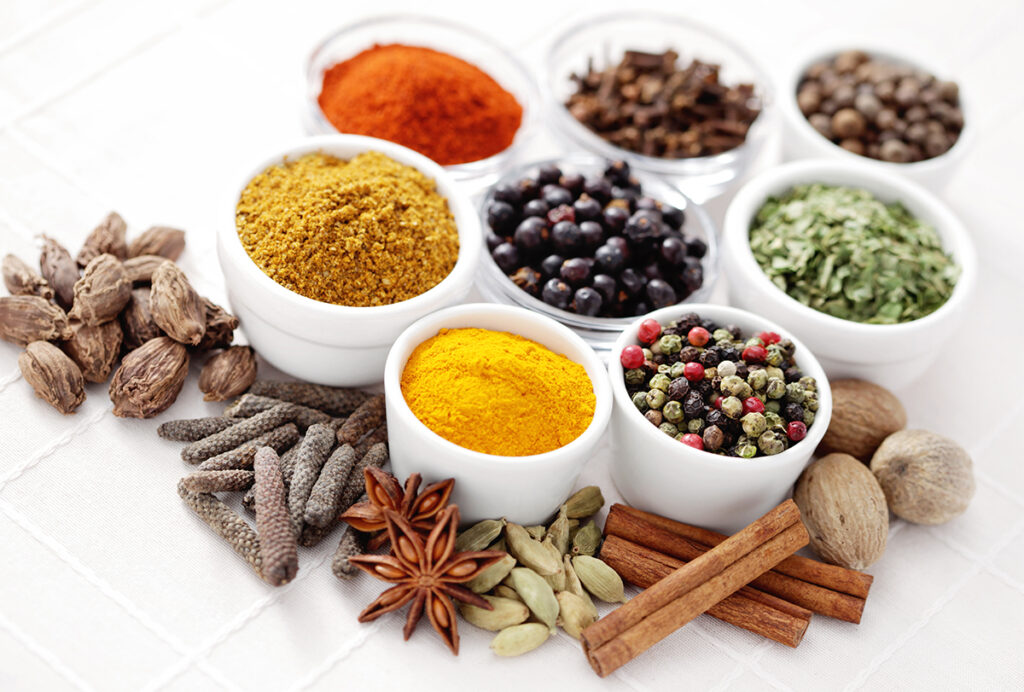
“Feeling healthy regrow gums”- 8 Foods That Help
Have you noticed that your gums have been looking slightly different lately? If they’re feeling slightly inflamed or bleeding, it might be time to change your diet. Like the rest of our bodies, our gums need certain nutrients to stay healthy. When it comes to your oral health, you’ve probably already heard that green leafy vegetables are important. But did you know that you can eat various foods to regrow your gums? These foods include whole grains, dairy products, nuts, and seeds.
If you’re looking for a way to improve your oral health, I highly recommend trying “feeling healthy regrow gums!” So, what are the best foods for gum health? Keep reading to find out.
Green leafy vegetables to regrow gums
Eating green leafy vegetables is a great way to boost your gum health. They contain high calcium and folic acid levels, which strengthen the gums and teeth and reduce plaque. The best vegetables to eat to help your gums regrow include Swiss chard, broccoli, collard greens, and kale. These vegetables are best eaten raw, but they can also be cooked.
Besides providing plenty of fiber, green leafy vegetables are also rich in vitamins and minerals that benefit your gum health. Vitamin C, in particular, is essential for maintaining a healthy mouth. It helps fight bacteria and inflammation and soothes irritation. Furthermore, it helps stimulate saliva production, which is necessary for healthy gums.

To increase gum health, you need to eat various fruits and vegetables. The best foods for your gums are those rich in vitamin C, which is found in red wine and some seafood. Likewise, foods rich in vitamin E, like almonds and spinach, are also beneficial. Also, try to eat foods with high levels of zinc and calcium. These foods will not only help your gums but also strengthen them.
Nuts and seeds
There are a variety of foods that can help regrow gums. These foods contain essential vitamins and minerals. One of these is vitamin C, which helps your immune system fight bacteria. This vitamin also helps your body produce collagen, essential for maintaining healthy gums. This vitamin can be found in nuts and seeds.
Many of these foods contain omega-3 fatty acids, which are good for the gums. They are also good sources of fiber, which helps lower bad cholesterol. You can choose raw or dry-roasted nuts. You can also opt for candied or plain varieties. If you prefer nuts, make sure you eat them dry.
Fresh fruits and vegetables contain plenty of fiber. These foods will help you fight plaque and gingivitis. They also help your body metabolize sugars better. The natural fiber in these foods acts as a scrubbing agent on your teeth, which helps to remove bacteria. However, it’s important to brush your teeth regularly to avoid the formation of plaque.
Dairy products
Dairy products are rich in calcium and phosphates, essential for healthy teeth and gums. Low-fat dairy products can help replace minerals lost in the diet and rebuild enamel over time. Dairy products also contain omega-3 fatty acids, which can fight inflammation and reduce the risk of gum disease.
Dairy products also contain vitamin D, an essential nutrient for healthy teeth. This vitamin helps to neutralize the acidic pH levels in your mouth and promotes a healthier oral environment. This, in turn, decreases the risk of tooth decay. Dairy products are also great for teeth and gums because they contain natural probiotics that help regulate the amount of oral flora.
Gum disease is one of the major threats to your oral health. It is caused by bacteria and plaque that build up at the base of your teeth. Once this damage starts, it isn’t easy to reverse. The best way to prevent gum disease is to brush and floss regularly. However, dairy products also help your gums by protecting them and repairing some of the damage they may have suffered.
Fermented foods and whole grains
Fermented foods, including kefir, kombucha, sauerkraut, and kimchi, are gaining popularity. These foods are highly beneficial for the gums and teeth. You can purchase them at health food stores or even make them at home. However, it is important to remember that these foods are highly acidic and should be consumed in moderation.
Fermented foods are a good way to promote good bacteria in the mouth. The good bacteria in these foods help break down natural sugars in the mouth. Fermented foods include sauerkraut, kimchi, and other cabbage-based products. European-style fermented cabbage is known as sauerkraut, while kimchi is an Asian version that ferments cabbage with ginger and daikon radish. Both foods are often spicy and can be great sources of probiotics.
In addition to probiotics, fermented foods contain phytates, which inhibit the oxidation process and help regrow gums. In addition, these foods contain low levels of sugar and are delicious. Fermented foods may help regulate blood sugar levels and promote weight loss. They may also reduce inflammation and cardiovascular disease, and obesity risk.
Fruits and vegetables
Many fruits and vegetables contain vitamin C, an essential nutrient that helps the gums regrow and stay healthy. Vitamin C is known to help the body fight bacteria and promote the production of collagen, a protein that forms part of the gums. Fruits and vegetables also contain vitamin A, which helps the gums keep their normal shape and protect teeth against tooth decay.
Eating fruit regularly is also good for your gums. Apples and pears are especially good for your gum health, as they contain high levels of vitamin C and enzymes that help your gums regrow. Celery, a firm fruit, can also help your gums. These foods can take some time to digest, but they are great for gum health.

Fruits and vegetables are great sources of fiber and nutrients and are good for your teeth and gums. Consuming salad greens can help keep your teeth clean by reducing plaque buildup and stimulating saliva production. Other good options include raw spinach, celery, and cooked beans. Some people also take supplements to boost their intake of essential vitamins for healthy gums.
Lean meat and poultry
A diet high in lean meat and poultry has several benefits for your gums. First, these foods contain plenty of fiber, vitamins, and minerals that support gum health. In particular, they contain vitamin C, which helps fight gingival bleeding and strengthen oral soft tissues. Vitamin C also promotes the production of collagen, a protein found in gums.
Another benefit of eating these foods is that they prevent gum inflammation, leading to further recession of gums and teeth.
In addition to promoting gum health, they also fight off harmful bacteria that cause tooth decay and gum disease. You can get probiotics from foods like yogurt, kimchi, and sauerkraut. Another good food for your gums is green tea, which contains catechin. Green tea also has antibacterial properties and may help inhibit gum disease.
Fish
Eating fish is important for regenerating gums and preventing dental problems, including gum disease. It is rich in omega-3 fatty acids, which have anti-inflammatory properties. According to a recent study from the University of Pittsburgh Medical Center, fish oil has the potential to reduce inflammation and protect the gums. Healthy gum tissue is an attractive smile and will keep your mouth feeling fresh and healthy.
Vitamin C is essential for oral health and protects your gums from bacterial infections. It also strengthens the gums by encouraging the production of collagen protein. A diet rich in vitamin C can help prevent gingivitis and help regrow gums. Fish is a good source of vitamin C, as are many fruits and vegetables. Additionally, Vitamin D helps regulate calcium and phosphorus levels in the blood. Cod liver oil contains this important nutrient. Vitamin E is also beneficial for gums and can be taken as a supplement.
Fish also contains phosphorus and omega-3 fatty acids, which help the gums heal faster. In addition, omega-3s help fights off oral pathogens and improve gum health. Taking supplements containing omega-3s can help your gums heal faster during gum disease treatments. Some of the highest quality fish for omega-3s are salmon, mackerel, and cod liver oil.
Herbs and spices
Herbs and spices help regrow gum tissue by fighting off plaque, promoting healthy gums, and reducing gum disease. Many of these herbs are also used for cosmetic reasons. Bilberry fruit and Hawthorn berry, for example, have collagen-stabilizing properties. Licorice root, meanwhile, promotes anti-cavity action and reduces plaque. Similarly, turmeric root has antibacterial properties.
Essential oils from various plants, including eucalyptus, can help regrow gums. You can dilute these oils and apply them to the affected area. Another option is to massage these essential oils on the gums. Other herbs and spices for gum health include peppermint, chamomile, and licorice.

Sage has antibacterial and antimicrobial properties that fight against bacteria that cause cavities and other oral conditions. Sage can also treat bleeding gums, gingivitis, and mouth sores. Its soothing effects calm the sore mouth, and it is also an effective mouthwash. A recent study shows that sage mouthwash significantly reduced the plaque bacteria in the mouth of test subjects. In addition, it contains properties that aid in the healing of wounds.
Your gums play an important role in oral health, so taking care of them is important! Gum disease is a common problem, but there are steps you can take to prevent it or even reverse its effects. One way to do this is by eating the right foods. Here are 10 foods that help regrow gums: leafy green vegetables, fish, yogurt, nuts, seeds, fruits & vegetables high in Vitamin C, tea, water, honey, & guava leaves. Eating a nutritious diet & following good oral hygiene habits like brushing twice a day, flossing daily, using mouthwash, & seeing your dentist regularly will go a long way toward keeping your smile looking its best!
